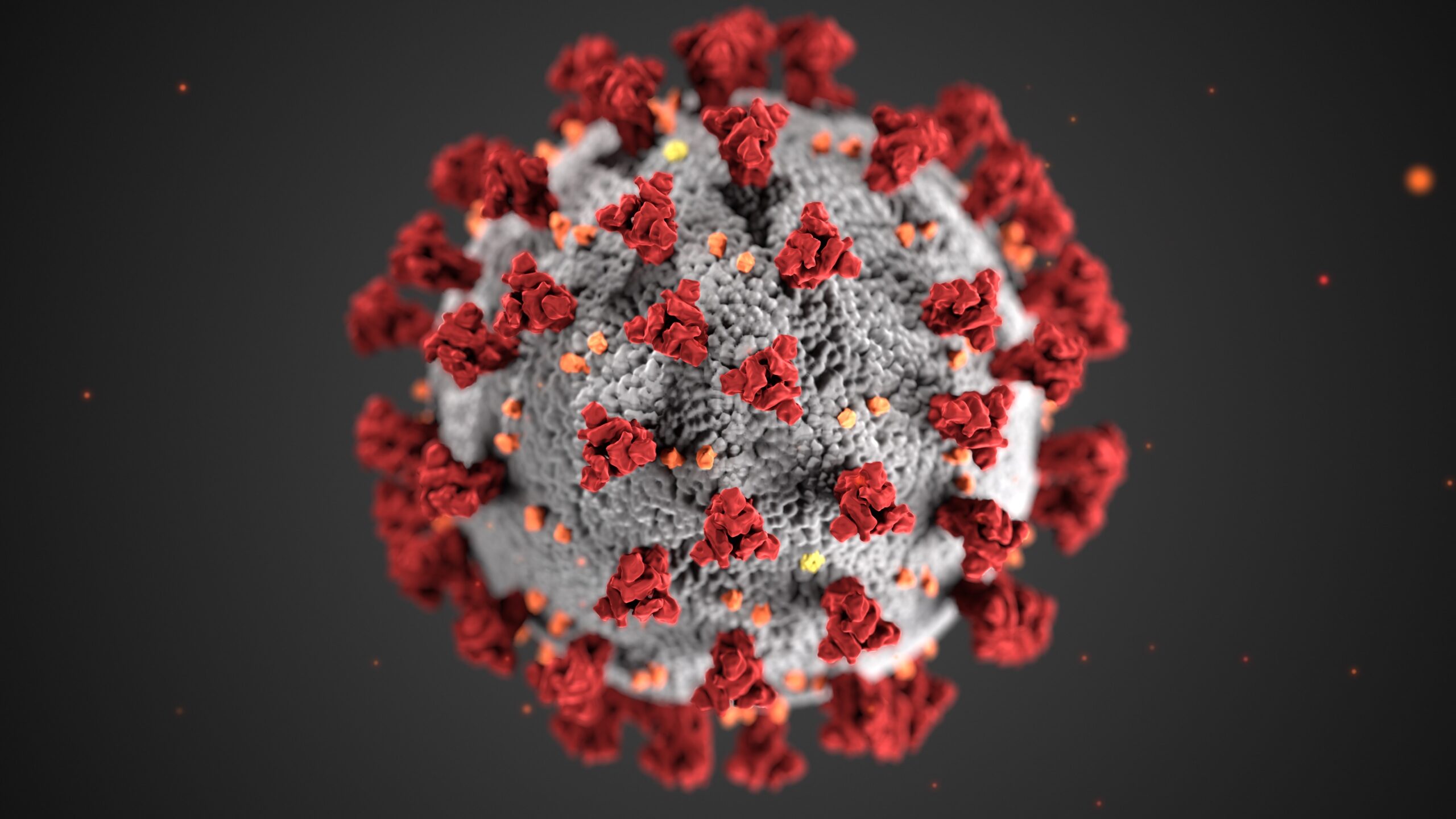
ESC Guidance for the Diagnosis and Management of CVD during COVID-19
Over the past several weeks, I’ve had the opportunity to speak with many of you to understand how you are triaging and managing patients with suspected coronary artery disease in the COVID-19 era. One thing that has become abundantly clear is that as physicians, we won’t be returning to “business as usual.” As we consider how to best manage patients while increasing efficiency, and preserving resources such as PPE, I find the conversation returning to how a coronary CCTA-led pathway can play a critical role now and moving forward.
In light of this, I was highly encouraged to see the recent ESC guidance for the Diagnosis and Management of CV Disease during the COVID-19 Pandemic. This publication summarizes global learnings about COVID-related illness and how it impacts cardiovascular health.
Within this discussion, it provides quite direct guidance to prioritize CCTA in CAD diagnosis during the pandemic: “CT angiography should be preferred to non-invasive functional testing during [the] COVID-19 pandemic” (Table 13).
Key excerpts from the document explain the reasoning behind this clear directive:
- CCTA may be the preferred non-invasive imaging modality to diagnose CAD since it reduces the time of exposure of patients and personnel.
- In patients with acute chest pain and suspected obstructive CAD, CCTA is the preferred non-invasive imaging modality since it is accurate, fast and minimizes the exposure of patients.
- Single photon emission computed tomography (SPECT) or PET may also be used for diagnosing ischaemia in patients with suspected obstructive CAD when CCTA is not appropriate or available.
- “Nuclear cardiology should be performed only in specific indications and when no other imaging modalities can be performed”.
Additionally, the ISCHEMIA trial’s influence on clinical decision making is clear within the discussion of Management and Treatment Pathways as a conservative pathway is prioritized for many patients.
- “Patients with Troponin rise and no acute clinical signs of instability (ECG changes, recurrence of pain) might be managed with a primarily conservative approach. Non-invasive imaging using CCTA may speed-up risk stratification, avoid an invasive approach allowing early discharge.”
- “In the event any of the differential diagnoses seem plausible, a non-invasive strategy should be considered and CCTA should be favored, if equipment and expertise are available.”
- “In case CCTA is not suitable (e.g. inability of heart rate control, etc.) or available, non-invasive testing should be postponed. Alternative imaging modalities should be discouraged during the acute pandemic phase unless severe ischaemia is suspected, to minimize the access of the patients to healthcare system (SPECT/PET) or to prevent a close contact between patients and personnel (stress echocardiography).”
In addition to the ESC guidance, a new guidance from SCAI/ ACC/ ACEP and an update from SCCT indicate that CCTA may be appropriate for helping physicians triage patients in the emergency room setting. In the SCAI/ACC/ACEP recommendation on AMI patients, the recommendation is to utilize CCTA if the echocardiography and ECG results are divergent. Similarly, the updated SCCT guidance recommends that utilizing CCTA in the ER setting may result in a meaningful change to patient management or outcomes.
While these publications are meant to provide guidance during this pandemic period, it is clear that some of the changes being recommended now will prove to be beneficial for patients and providers even after this pandemic subsides.
With clinicians now using more technology and digital solutions to gain efficiency, it seems reasonable to believe that the movement to CCTA for CAD diagnosis will be a change that stays, as it uniquely provides a combination of diagnostic confidence, prognostic insights, patient-provider safety, and increasing availability of CT-derived lesion-specific physiology.
— A perspective from HeartFlow Chief Medical Officer, Campbell Rogers, MD
Bio | LinkedIn





